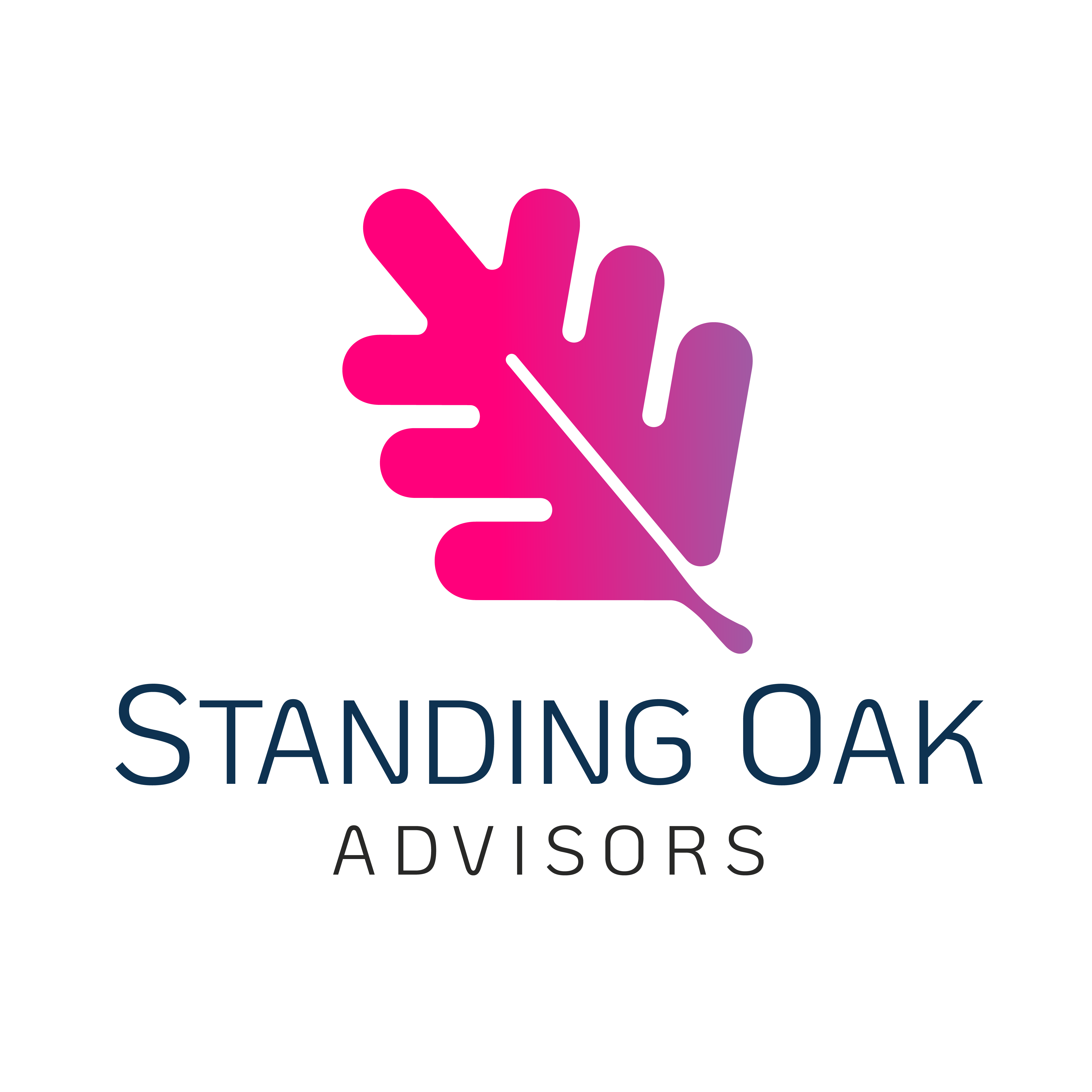Tax Planning for Business Owners – Navigating for the Future
Can you hear the soundtrack? January. February. March. April 1st, 2nd, 3rd …

Here it comes. The worst part is the slow, predictable march of time.
It never fails that January hits and I get the question, “Can we do something about our taxes?”
Yes. You can do something about this year’s taxes.
No. You cannot do anything about last year’s taxes.
Sorry for the cold shower.
If you own a business, the pain/ fear is ripe, and you keep having the same problem, why aren’t you treating this like any business problem? If you have delays in delivery, you identify the problem, look at your tools, create a solution and implement. If your receivables are getting too old, you identify the source of the problem, assess your tools/professionals, find a solution, and implement. Now you’re faced with a cash flow problem and we’ve identified the problem is taxes. Assess if we seem like competent professionals and implement a solution. Below is how we assess tools and solutions.
First, the hardest question, “Are you spending too much money?” If the answer is, “Yes,” you don’t need my help. If you aren’t sure, start with cash flow analysis. This may help you uncover unwanted, unnecessary, or unknown spending habits. The cold hard truth of wealth is that you need to be in the habit of NOT spending all your money. Making more money isn’t going to address the problem. You need to be able to learn to maintain savings and not think about spending.
Second, if you can keep money in the till, start being intentional about how much you keep in reserve. You may not need all of it. Once you determine how much you need in reserve, start deferring taxes on the excess. That leads us to number three.
Third, defer taxes. You can’t avoid taxes. You’re going to pay taxes, but deferring taxes over time always accretes value to you. If anyone professes that you don’t have to pay taxes, be wary. There is a sliver of truth to such professions, but remember that 99 times out of 100 you aren’t unshackling yourself from an unwanted expense. You’re changing dance partners. More often than not, you’re going from partnering with the IRS to partnering with an insurance company. Once you’ve determined how much you can defer, a financial professional can identify that type of structures to use.
What kind of structures are there. Oh my, there are … quite a few. To one degree or another, all the structures are built around the Internal Revenue Code (IRC). These are the rules by which the IRS plays. To one degree or another, the strategies utilize trusts. Your old 401k … has a trust. Your pension … has a trust. Your friends ESOP … has a trust. The cost of deferring taxes is reporting. You have to show the IRS that you are acting within the set of rules laid out. This isn’t a DIY project. You need professionals. However, the upside is greater than you may realize. Not only can you defer taxes on the funds you contribute, you can defer taxes on the earnings. Most people realize this, but this benefit continues until you die (assuming you maintain money in the accounts). You can trade investments without taxation. Your trust can receive income without taxation (for the most part). The power to grow wealth is substantial.
How powerful is this tool? Many business owners, without considerable effort, can save around $250,000/yr. While this isn’t true across the board, it tends to be a good guideline. It doesn’t mean you HAVE to save $250,000. You can save less. Additionally, if you plan on selling your business down the road. You can put tools in place that, in effect, put your business inside a qualified plan. This makes sense; you can own Apple in an IRA. It’s a company. There are thousands of public companies that you can own inside retirement accounts. The only reason we don’t typically own private companies inside qualified accounts is that institutions haven’t created systems that simplify the process.
At a high level, there are two drawbacks to these strategies. One, you lose access to the funds in a large way. You can’t turn around a use the money to go on vacation. You can turn around and buy an office building for your company (if you have enough). While we limit access to funds, we don’t eliminate access. Two, these strategies typically result in you paying MORE taxes in the long run. On its face, this sounds horrible. Occasionally, CPAs, tax preparers, etc push back on the idea of utilizing these tools because of this reason. However, in the final analysis, we pay more taxes because our net worth has expanded substantially. If I told you that your taxes doubled and your net worth quintupled, would you be OK with paying more in tax?
Finally, I’d encourage business owners and their consultants not to focus on the specific plan. Take time to figure out your problems (short and long), your goals (short-term and long-term), the tools you have at your disposal, and the obstacles that may arise in achieving your goals. Once these are clear to you, you can begin the process of determining the best type of tool to defer taxes.
If you know a business owner that perpetually dreads April 15th or have surrendered to the seemingly inevitable, come find solace here. Call us at 714-451-8216 or email (link to contact form) to learn how we can help with your business’ tax planning needs.


